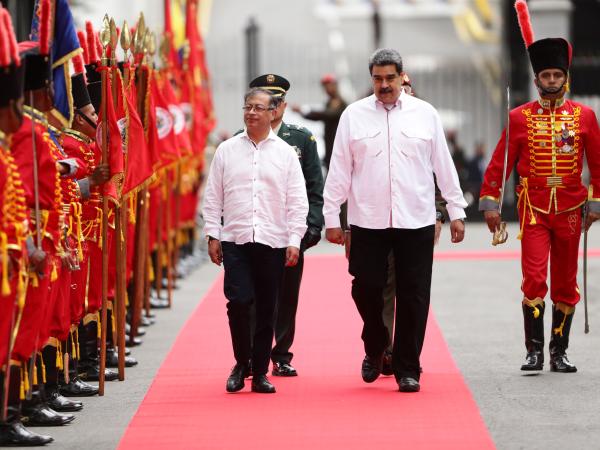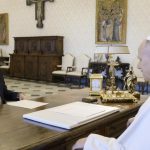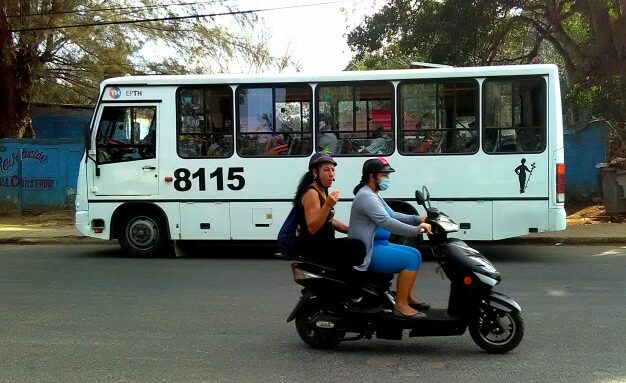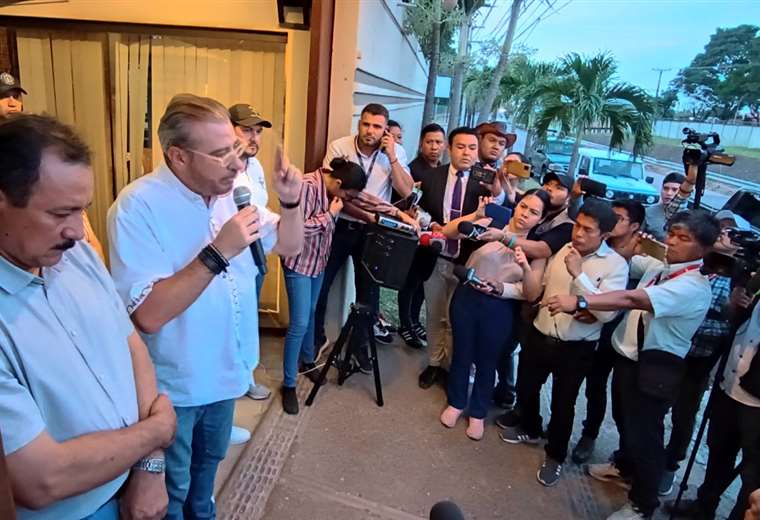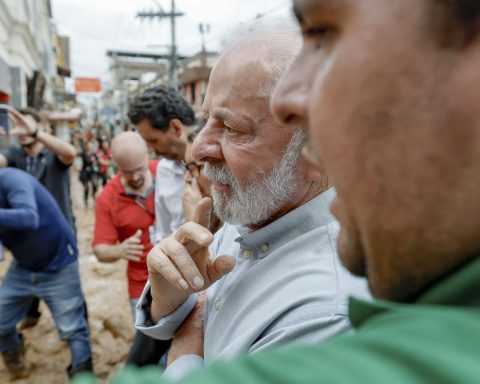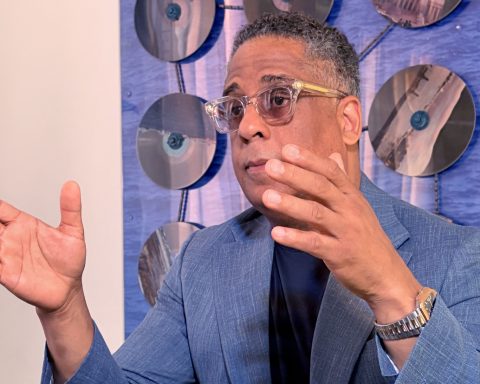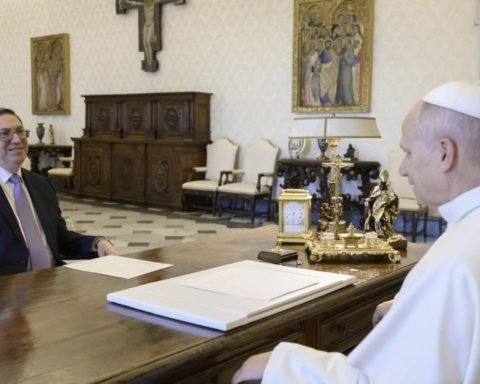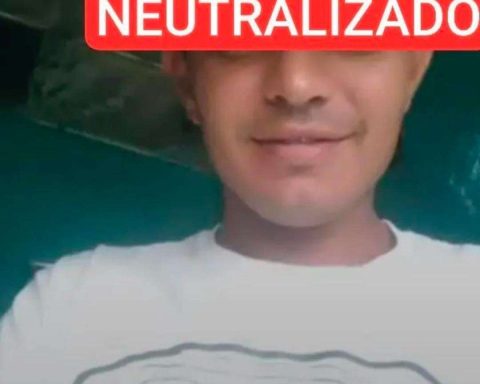Relations with Venezuela They were the spearhead of the foreign and commercial policy of thehe first 100 days of gpetr governmenteither, turning in 360 degrees the gaze on the neighboring country leaving for now a bittersweet balance, where the migratory and consular issue continues with the pending mark.
(See: Analysis: this is how the country’s economy goes in 100 days of Petro president).
The peak of the reestablishment of diplomatic relations occurred in three specific moments of this period: the reception of the designated ambassadors, the commercial passage through the border of Norte de Santander and Táchira and the recent visit of Gustavo Petro to Caracas.
“This was one of the main commitments and campaigns in the pandemic and one that has quickly shown early victories. However, I feel that these days Colombia has given much more than what it has received. Relations have not been reciprocal. The same behavior has not been seen on the part of Venezuela”, Nastassja Rojas, professor at the Pontificia Universidad Javeriana, told Portfolio.
Mauricio Jaramillo, professor of international relations at the Universidad del Rosario, also agrees with this. “They have been consistent, but very slow (…) In commercial and migratory terms, the Government has not been able to achieve, in their own words, what they expected”, he mentioned.
(See: Investment in tertiary roads and dialogues, the hallmark of the Petro government).
Public opinion focused on the reopening of the border and the bilateral meeting in the Venezuelan capital. The return of the cargo passage through the aforementioned border crossing, after seven years, marked a turning point.
In the first month of reopening, according to official figures, bilateral trade between Colombia and Venezuela through this border totaled US$2.5 million, after the passage of 67 cargo trucks through the Simón Bolívar and Francisco de Paula Santander binational bridges. A cargo movement of 1,552 tons was accumulated.
In fact, it is expected that as the new processes with the neighboring country take hold, trade can have a 500% rebound for November compared to the previous month.
With this balance, the leader of the Trade portfolio, Germán Umaña, ratified the projections of binational trade between US$800 million and US$1,000 million towards the end of the year, since between January and August the exchange totaled US$450 million, a growth of 113.3% versus the same period of 2021.
The second most telling example of this process was the bilateral meeting between the two leaders in Caracas.
Among all the issues discussed, the reestablishment and strengthening of commercial links, as well as the reinstatement of Venezuela to the Andean Community of Nations (CAN) from which it left in 2006 and the Human Rights system of the Organization of American States (OAS).
“Colombia needs Venezuela to come back, because it takes the weight off it a bit. The country is the only one that currently has a dialogue with Caracas, saving the classic allies,” said Mauricio Jaramillo.
For the professor, “it is necessary” for Venezuela to reactivate itself because a good part of the economy of the border areas depends on it. “If the neighboring country returns to the CAN, there is more chance that the region pushes a political transition within, as happened in 2015 (…) The worst thing that can happen to Colombia is a chaotic and insecure Venezuela, because all that is transferred to the country, as was previously the case in reverse as a result of the war”, he mentioned.
(See: Petro’s messages that have generated nervousness in the markets).
For Rojas, also a Human Rights consultant, this emphasis on the reinsertion of the neighboring country in the multilateral scenarios, It is related to the fact that President Petro “is seeking to be an important figure at the regional level”, which in his opinion, “gives the feeling that he is vacant”.
Likewise, it is also a fact thatfinishes further legitimizing its negotiation process with the ELN”, of which Venezuela will be the guarantor.
Colombia-Venezuela meeting.
Experts agree that immigration, consular and security policy are the aspects that the national government should put a magnifying glass on in the next 120 days of mandate, since they are of high interest to the citizens of the neighboring country who reside in it.
Until now, immigration policy has taken confusing steps in terms of its application, according to the recent report of the Venezuelan Observatory of the Universidad del Rosario and Konrad Adenauer.
“On the one hand, the government has affirmed its intention to grant and expand rights to this population, especially those from Venezuela, but on the other hand, the institutional mechanisms to manage the migration crisis are cut and its dimension is minimized.”, indicated the editorial of the report.
It is important to remember that 34.89% of the 7,100,100 Venezuelan migrants reside in Colombia spread all over the world, according to data from R4V and Migración Colombia.
“This is a priority precisely to address the issue of migration. It has been quite ambiguous about what is going to be done (…) Colombia needs cooperation resources to address this issue, but recognizing the crisis, at the levels that this implies, also makes it recognize a political crisis in Venezuela”, Nastassja Rojas pointed out.
(See: Tax and budget, Petro’s first achievements in his presidency).
For his part, Mauricio Jaramillo stressed that what is to come requires a “greater emphasis on bilateral trade” and the issue of security. “There is a very big insecurity problem in Santanderes and Catatumbo. Coordination of authorities is key,” he said.

Border crossing between Colombia and Venezuela.
One month after commercial reopening of relations took off the first flights between the capitals of both countries with the state-owned Satena and the private Venezuelan company Turpial.
However, given its scant frequency, it is still far from being called a ‘Commercial Operation’.
For now, it is expected that new routes will be announced shortly, taking into account the authorizations from both sides, where they stand out Avianca, Wingo and even Latam; while on the Venezuelan side they will Avior and Laser, among other.
conviasa, the Venezuelan state company, is part of the dialogues with the United States to know its impact on the Ofac list.
BRIEFCASE
